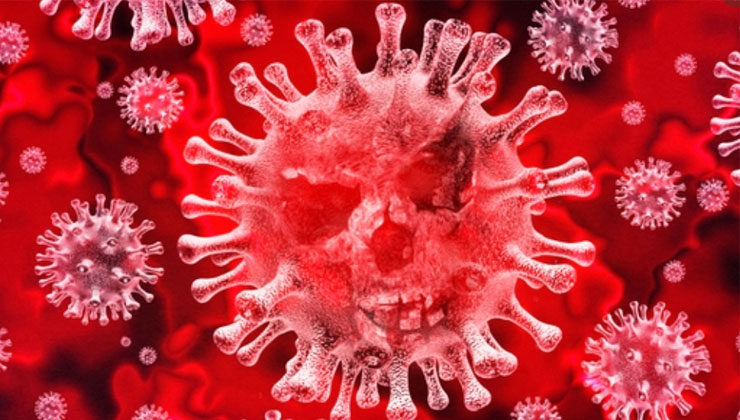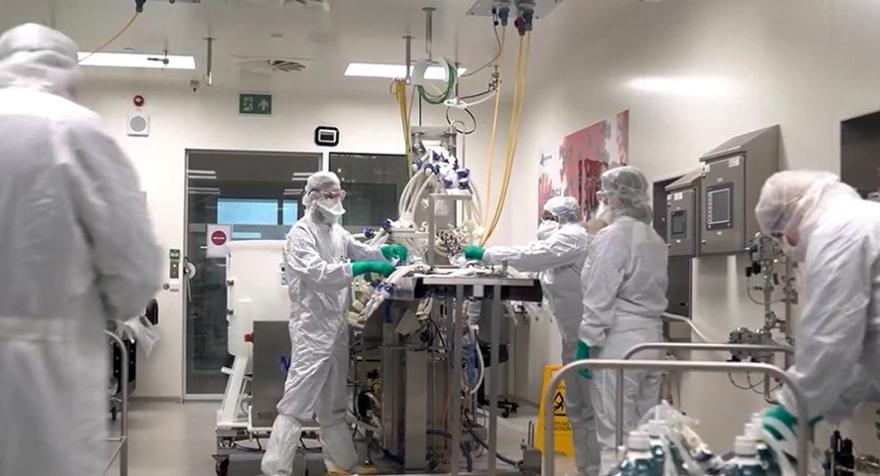Nearly one in five Covid patients later diagnosed with mental illness – study

About one in five people who have contracted Covid-19 are diagnosed with a psychiatric disorder such as anxiety, depression or insomnia within three months of testing positive for the virus, according to a new study.
The study, conducted by researchers from the University of Oxford and NIHR Oxford Health Biomedical Research Centre, also found that people with a pre-existing mental health diagnosis, were 65 per cent more likely to be diagnosed with Covid-19 than those without.
However, the analysis did not account for risk factors such as underlying physical condition, sex, race and age.
“This finding was unexpected and needs investigation. In the meantime, having a psychiatric disorder should be added to the list of risk factors for Covid-19,” said Dr Max Taquet, one of the authors of the analysis.
The analysis was made based on approximately 70 million American health records.
The incidence of any diagnosis of mental ill-health in the 14 to 90 days after a Covid-19 diagnosis was 18.1 per cent, including 5.8 per cent that were a first diagnosis.
Researchers compared data with six other conditions over the same period in order to examine whether the extra risk was directly linked with Covid-19.
The excess risk factors that they compared with are influenza, skin infection, respiratory tract infections, gallstones, urinary tract stones and fracture of a large bone.
Speaking to The Guardian, University of Oxford professor, Paul Harrison, said more research is needed to establish whether a diagnosis of a mental disorder could be directly linked to getting coronavirus.
Basis factors that influence physical well-being were not captured in the records analysed such as socio-economic background, smoking, or use of drugs.
Research suggests that people from poorer socio-economic backgrounds are more likely to suffer mental ill-health, with poverty linked to increased exposure to coronavirus because of factors like crowded housing and unsafe working conditions.
“Equally, it’s not at all implausible that Covid-19 might have some direct effect on your brain and your mental health. But I think that, again, remains to be positively demonstrated,” said Harrison.













